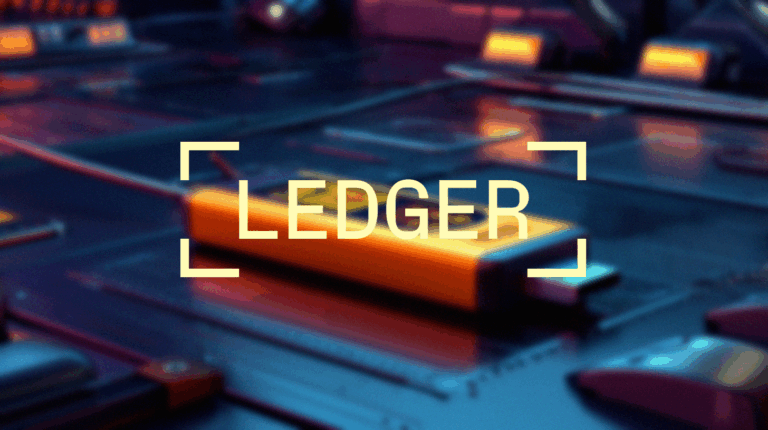Russia’s biggest commercial bank, Sber, has released new bonds that follow the price of Bitcoin and the exchange rate between the US dollar and the Russian ruble.
Right now, only approved investors can buy it through private deals outside the main stock exchange, but Sber says it plans to list the product on the Moscow Stock Exchange soon.
Listing it on the exchange will make it easier to buy and sell, more transparent, and more accessible for qualified investors, the bank said on May 30.
Sber said that this special type of bond could help investors make money if the price of Bitcoin goes up in dollars, or if the dollar becomes stronger compared to the Russian ruble.
Russia U-Turns on Bitcoin
Sber launched this product after Russia’s central bank allowed financial companies to offer some crypto-related investments to approved investors on May 28.
However, the central bank also made it clear that these companies are still not allowed to sell cryptocurrencies directly.
T-Bank, which used to be called Tinkoff Bank and is based in Moscow, launched a new investment product linked to the price of Bitcoin on the same day. The bank called it a “smart asset” and said it was created using Atomyze, a tokenization platform supported by the Russian government.
From Opposition to Adoption: How Russia Changed Its Mind About Crypto
In the beginning, Russia didn’t support cryptocurrencies. The Central Bank and many government officials warned people not to use Bitcoin or other digital coins. They said crypto could be used for illegal activities like money laundering and believed it was risky for the economy. In 2020, Russia passed a law that allowed people to own crypto, but made it illegal to use it for buying things. They also tried to block some crypto websites.
But things changed after 2022, when Western countries placed strong sanctions on Russia. These sanctions made it harder for Russian companies to use dollars or euros in international trade. So the government started looking for new ways to move money across borders. That’s when they began to see the value of crypto like Bitcoin. Currently, Russia is not allowing crypto for global trade.
Russia’s Central Bank and several major financial institutions launched Masterchain on October 5, 2016, a blockchain platform built on a modified version of the Ethereum protocol to secure data exchange between banks and the government.
In 2017, Russia launched its first government-backed blockchain project when Sberbank teamed up with the Federal Antimonopoly Service (FAS). Over the years, Russia tested blockchain in areas like voting systems to ensure fair elections and financial systems to track transactions better.
Ukraine’s Use of Cryptocurrency and Binance’s Support
When the war started in 2022, Ukraine quickly turned to cryptocurrency as a way to get fast, borderless donations. The government set up official crypto wallets and raised over $100 million in digital coins like Bitcoin and Ethereum to support its army and humanitarian needs.
Binance, one of the world’s biggest crypto exchanges, played a key role by launching a special donation platform and helping build Ukraine’s crypto infrastructure.
In response to international sanctions, Binance has taken measures to comply with regulatory requirements. The exchange blocked accounts of Russian users targeted by sanctions and restricted Russia-based users from trading in all currencies except the ruble. These actions reflect Binance’s efforts to balance support for Ukraine while adhering to global sanctions policies.
Ukraine’s use of crypto during the war showed how powerful digital assets can be. This may have pushed Russia to rethink its stance. Once against crypto, Russia is now creating Bitcoin-linked bonds and slowly allowing crypto-based investments.
But the change is still limited and tightly controlled. The big question now is: will Russia fully embrace crypto, or just use it when it suits its goals?








